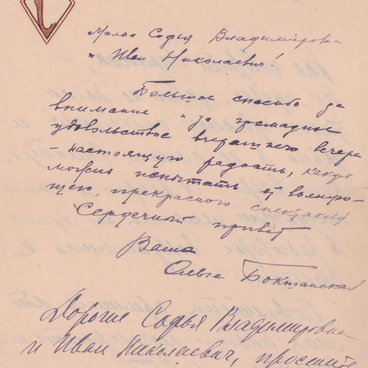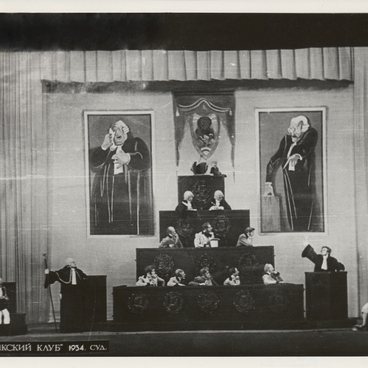In August 1939, after the Central Committee banned the production of Mikhail Bulgakov’s play “Batum” about young Stalin, the writer fell seriously ill. Mikhail Afanasyevich had pinned great hopes on this play, and the telegram with the news of the ban was a serious blow.
Photo of Mikhail Bulgakov
Well, here I am back from the sanatorium. What is wrong with me? To tell you frankly and in confidence, the thought that I came back to die is depressing. I am not okay with that for one reason: it is painful, tedious and banal.
Bulgakov spent his last days at home, in Nashchokinsky lane. At times when the disease receded, he took up the novel “Master and Margarita”, hoping to have enough time to finish it. Bulgakov’s wife Yelena Sergeevna read the novel aloud, and Mikhail Afanasyevich listened and dictated corrections. The proofreading of the novel was going hard. On February 8, 1940, the actors of the Moscow Art Theatre Vasily Kachalov, Nikolay Khmelev and Alla Tarasova wrote a letter to Stalin’s secretary Alexander Poskrebyshev informing him of the writer’s serious illness and asking him to report it to the head of the USSR. There was no reply to the letter. On February 13, 1940, working on the scene of Berlioz’s funeral in “The Master and Margarita”, the seriously ill writer said,
All right, enough, I guess.
And he never returned to the text again.
To my wife, Yelena Sergeevna Bulgakova. To you alone, my friend, I inscribe this picture. Do not be sad that it has black eyes: they have always had the ability to distinguish truth from falsehood. Moscow, M. Bulgakov.
Friends
often visited Bulgakov in the Nashchokinsky apartment; his longtime friend
Marika Chimishkian and family friend Sergey Yermolinsky kept vigil at the dying
man’s bedside. On March 10, 1940 Yelena Sergeevna wrote in her diary, “16.39.
Misha died.” Yermolinsky recalled that on the same day or the next morning a
phone call rang in Nashchokinsky,
Is it true
that Comrade Bulgakov has died?
Yes, he is dead.
The one who spoke to me
hung up the phone.


